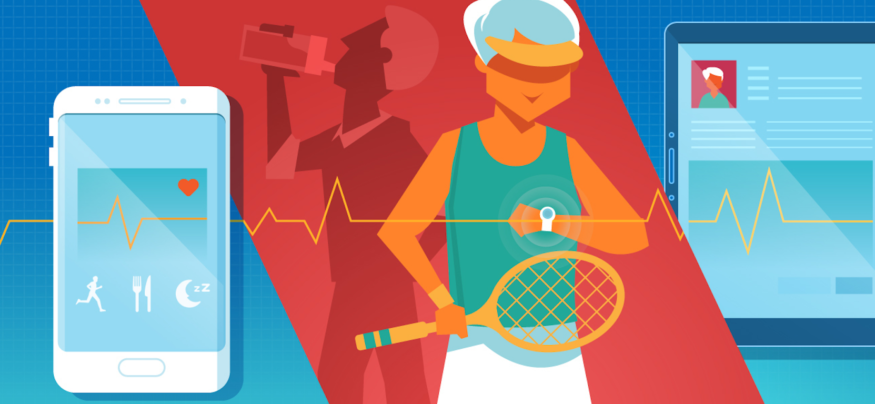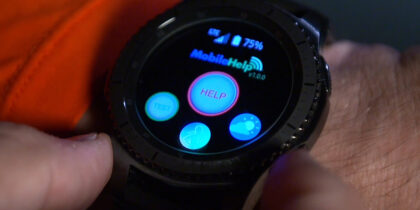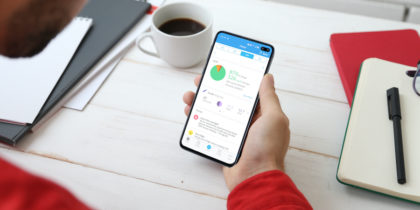It’s February, and everyone has hearts on the brain — not just the cartoon variety that appear on Valentine’s Day cards, but also the life-sustaining organs many people abuse and neglect throughout the year.
National Heart Health Month is a reminder for Americans to think seriously about how to keep their tickers in shape and ward off the highly preventable disease that is the number one cause of death worldwide. While cardiovascular health isn’t always top of mind for busy people with busy lives, simple lifestyle changes can make all the difference.
The solution: Keep heart health front and center all year long, using the same devices consumers carry every day.
The High Cost of Heart Disease
One out of three deaths in the U.S. in 2013 (approximately 801,000) were caused by heart disease, stroke and other cardiovascular diseases, according to American Heart Association’s 2016 Heart Disease and Stroke Statistics Update.
While these conditions don’t always result in death, they do come with a steep price tag — both in reduced quality of life for the 85.6 million Americans living with some form of cardiovascular disease, and the increased costs for employers and insurers. Direct and indirect costs of cardiovascular diseases and stroke total more than $316.6 billion, from both health expenditures and lost productivity.
But it doesn’t have to be this way. Other than genetic history, most risk factors for heart disease and stroke can be mitigated with healthy lifestyle choices. That’s where digital technology comes in, helping to both prevent and manage heart disease.
Preventing Heart Disease With Mobile Apps
In today’s expensive healthcare environment, the burden is on not only individuals and families — but also employers and insurers — to keep people well. Leveraging heart health mobile apps, and incorporating them into employee wellness plans, helps people track key cardiovascular data and better manage risk factors for heart disease, which include:
-
Obesity: 69 percent of adults in the U.S. are overweight or obese, according to the American Heart Association
-
High blood pressure: 33 percent have high blood pressure
-
High cholesterol: 43 percent have total cholesterol of 200 mg/dL or higher
-
Diabetes: Nine percent have diabetes, and 35 percent are prediabetic
-
Physical activity: 30 percent participate in no leisure time physical activity
Mobile health management platforms like S Health from Samsung enable users to track and improve dietary choices and fitness levels that contribute to these risk factors, as well as manage sleep and stress.
Mobile devices can also be paired with heart monitors (like those in the Samsung Gear smartwatch) as well as oximeters, weight scales and other Bluetooth-enabled devices that track heart health data.
Putting this information at users’ fingertips helps them spot potential problems and understand the impact of their choices.
Managing Heart Disease with Digital Technology
After a decade-long decline, deaths from heart failure are back on the rise, according to the American Heart Association. This is primarily due to an aging population that already suffers from cardiovascular diseases.
To treat and manage these diseases, many healthcare providers rely on mobile solutions to monitor heart patients remotely, gather health data, spot troubling trends and provide medical intervention before they end up hospitalized with serious complications.
For example, the FDA-approved, wireless BodyGuardian System from Preventice can monitor vital signs such as heart rate, oxygen saturation and EKG rhythms. When paired with mobile devices, this healthcare solution sends data to medical providers, who can watch out for signs of cardiac arrest, respond to emergencies quickly and offer advice to help reduce risks.
Home healthcare agencies are also integrating mobile technology into their day-to-day operations and patient care, using tablets to track and share health data with medical teams, and to provide patient education around disease management.
These are just a few ways in which mobile technology can promote cardiovascular wellness long after Heart Health Month has ended.







